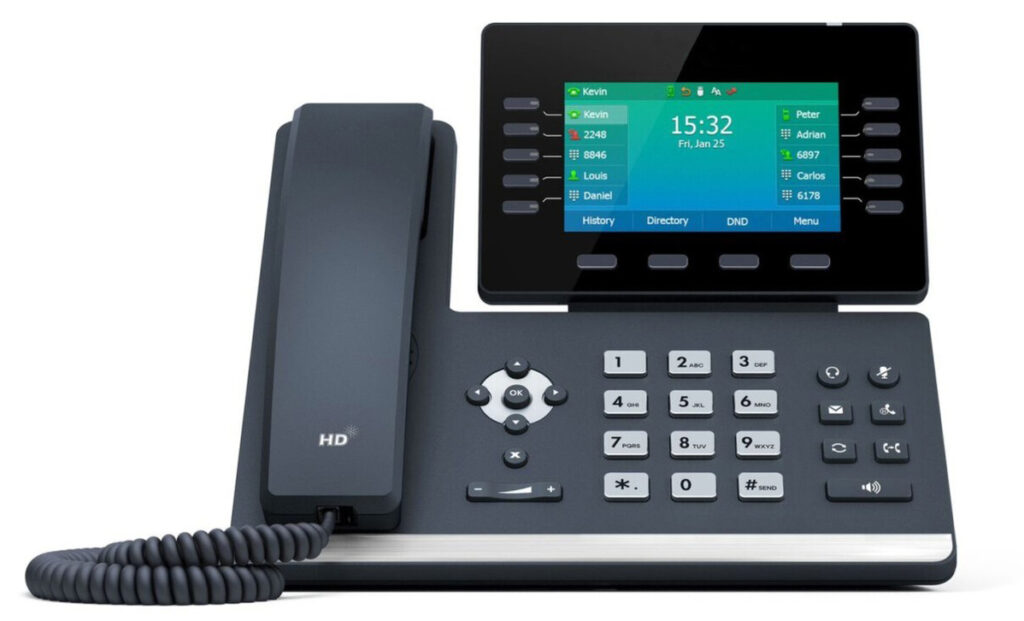The short answer is you may need a special phone for VoIP, and it depends on what you want out of VoIP. If you want to be able to make VoIP calls from your physical office phone, you’re going to need to invest in a specialized VoIP phone (often called an IP phone). Or find a partner like Nortec that provides updated hardware as part of their phone system solution – no need to purchase any hardware at all! But if you’d rather have the flexibility to make and take VoIP calls on any device, you wouldn’t need to think about new hardware. All you must do is download your VoIP phone application and you’re ready to go.
There is also a third option: forwarding your VoIP calls to your old-school devices. This is done by going into your platform’s dashboard and setting up a call route to that device. We do not recommend this, though, because your traditional phone won’t be able to make VoIP calls, only take them.
If you’re asking this question, odds are you’re in the throes of researching VoIP phone systems for your business. And as a VoIP (or cloud as we like to call them) phone provider, we’d be happy to help! But before we dive into what kind of phone system you’ll need, let’s quickly unpack what VoIP is and what providers mean by “VoIP phones.”
VoIP: A Summary
What is VoIP?
Voice Over Internet Protocol transforms the user’s voice into packets of data. These packets are then sent over the internet using another Session Initiation Protocol (SIP) rather than through standard phone networks. Think of VoIP like an envelope. It takes your voice, packages it and sends it through the mail (in this case, SIP connections) so the intended recipient can receive it.
What is a VoIP phone?
It is any device equipped with VoIP technology. This means a VoIP phone can be an analog phone sitting on your desk, or an internet-connected device (laptop, mobile phone, tablet, etc.) that’s equipped with VoIP software. Which leads us to the question that inspired this entire blog. Let’s dig a little deeper into the differences between physical VoIP phones and software-based VoIP phones.
VoIP Phone Option One: Physical VoIP (IP) Phones
These phones are like the traditional office phones you can find on any desk. They have a touchpad, speakerphone, speed dial, call transfer buttons, etc. The only difference is they are built to send and receive calls via an internet connection. If your employees are more comfortable using a physical phone than a desktop or mobile app, it’d be best to upgrade them to a VoIP phone. It’ll make the transition from traditional to VoIP that much easier.
QUICK QUESTION: What’s the Difference Between an Analog and a VoIP Phone?
VoIP phones do not require dedicated phone lines. Because VoIP phones use the internet to send and receive calls, they don’t require any physical wiring like analog phones do – just an Ethernet connection.
VoIP phones are assigned to a specific user, not a specific device. With analog phones, your number is tied to your desk phone and only your desk phone. It can’t be taken with you when you’re on the road unless you set up call forwarding. A VoIP phone gives you the ability to use that number from any device, whether it’s your physical desk phone or on your smartphone via the mobile app.
VoIP Phone Option Two: Software-Based VoIP Phones
Instead of relying on physical VoIP phones, these software-based phones allow you to transform any internet-connected device into a VoIP phone. All you need to do is install your provider’s proprietary app on your preferred device.
This allows you and your employees to take your business number anywhere and enjoy all the extra features VoIP phones provide (advanced call management, video meetings, etc.). No more handing out your cell phone number to clients. Now your business number can be as mobile as you are!
How Does a VoIP Phone Work?
We’ve talked a bit about how VoIP works, so let’s talk a bit about physical VoIP phones, like how they’re powered and how they connect to the internet to transmit calls.
How are they powered? Usually, if a VoIP phone has a Power over Ethernet (PoE) capabilities, it can receive power over the cable it uses to transmit data. We’d recommend phones with PoE if you can get them, since it reduces clutter and can also reduce cost. If your VoIP phone doesn’t have POE capabilities, they’ll probably need an A/C adapter to power up.
How do they connect to the internet? Physically, they connect to the internet via Ethernet cable. Once connected, a VoIP phone is assigned an IP address (like any other internet-connected device). After that, it’ll use a domain name system (DNS) to connect to other VoIP-enabled devices.
How are calls transmitted over the internet? There are two primary protocols VoIP uses to send voice calls: SIP (as mentioned above) and H.323. No matter which one your phone uses, your voice – and even video – calls will be easily supported.
Get The VoIP Phones You Need at No Extra Cost with Nortec
At Nortec, we know that investing in new hardware can be an expensive undertaking. Which is why we provide the latest VoIP hardware alongside our phone system offering – making upgrading your phone system faster, easier, and more cost-effective. Interested in learning more? Reach out to us today for a free consultation and demonstration of our VoIP-based products and services!



